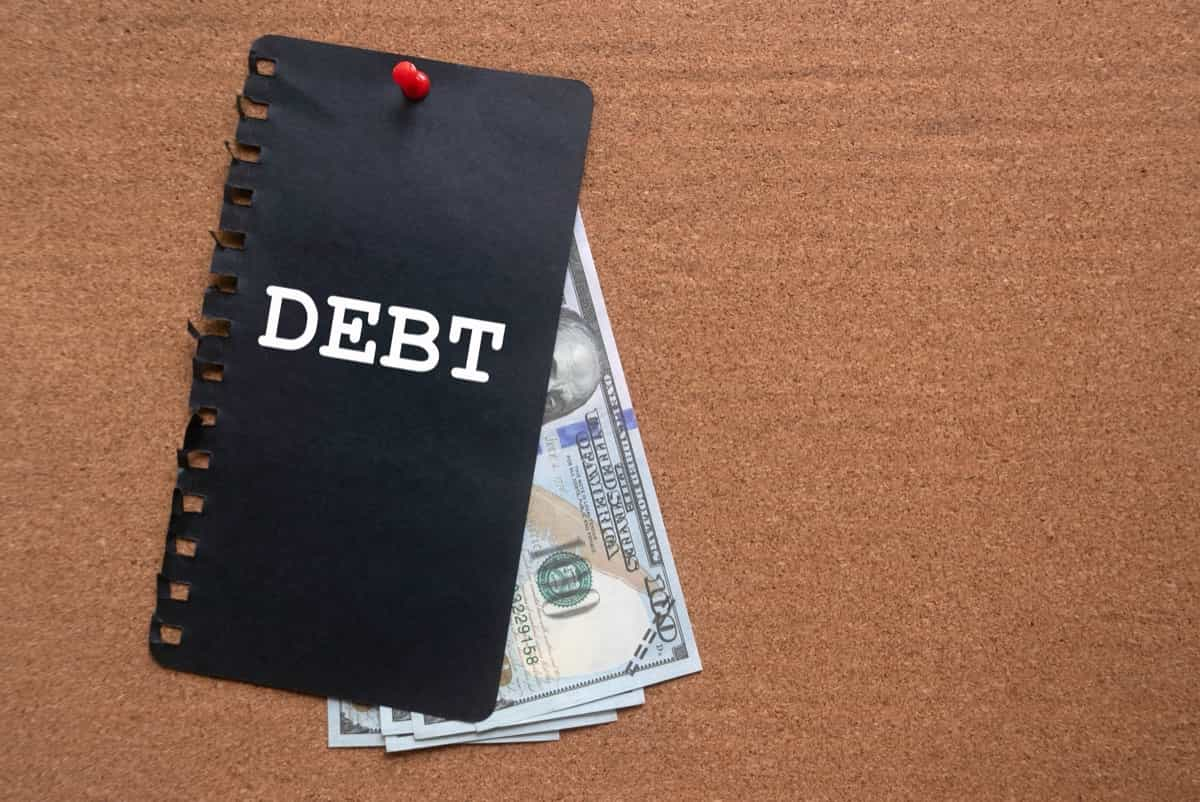Effective debt management strategies are essential for financial stability and can transform personal and business finances. From understanding how to manage debt to exploring consolidation and settlement options, these strategies lay the groundwork for a debt-free future.

Effective Debt Management Strategies
Understanding Debt Management
Debt management is the process of handling and repaying money that you owe to others, whether it be through loans or credit cards. By utilizing personal debt management strategies, you can organize your finances and find the most efficient way to free yourself from debt. With the right approach, managing debt, particularly in business, becomes less daunting.
However, this task can be especially challenging when dealing with credit card debt, which typically carries high interest rates. In the wake of economic challenges like COVID-19, some relief measures like credit card debt forgiveness have been introduced by creditors, offering a breather to those struggling to make payments.
Developing a Debt Repayment Plan: Strategies for Paying Off Loans and Credit Cards
Developing a debt repayment plan is critical to paying off loans and credit cards. Start by listing all your debts, including the total amount owed, the interest rates, and the minimum monthly payments. One of the effective strategies is to target the debt with the highest interest rate first, often a credit card while maintaining minimum payments on the rest.
This is known as the avalanche method. Alternatively, the snowball method involves paying off the smallest debts first for psychological wins that motivate you to tackle larger debts. When pondering how to pay off credit card debt when you have no money, it’s about revising your plan to allocate funds more effectively and maybe increasing your income streams.
Creating a Budget: The Foundation for Effective Debt Management
Creating a budget is the bedrock of effective debt management. It’s about understanding your income and expenses down to the last penny and making conscious decisions about where your money goes. Begin by keeping tabs on your expenses and finding places where you can spend less.
In case you missed it: Everything You Need to Know About Student Debt Forgiveness Plans in the United States

Allocate your income towards essentials first, then prioritize additional payments towards your debt. A budget acts as a financial roadmap, allowing you to live within your means while chipping away your debt. By doing so, you create a financial buffer that can prevent the need for further borrowing and help speed up the debt repayment process.
Prioritizing Debt Payments: Which Loans and Credit Cards to Pay Off First
Prioritizing debt payments can be a game-changer in your journey toward financial freedom. High-interest debts, such as credit card balances, should be tackled first because they cost you the most over time. Next, look at the loans that could impact your life or business if not addressed, like those with collateral or that affect your credit score significantly.
For credit cards, you may want to consider the balance size; however, always keep an eye on the interest rates since they can be the silent killers of your budget. Paying off debts strategically not only improves your financial health but also your credit score, making future financial endeavors like taking out a mortgage or starting a business more feasible.
Negotiating with Creditors: Tips for Lowering Interest Rates and Monthly Payments
Talking to the people you owe money to can help you handle your debt better. Tell them about your money situation. You might be able to make your interest rates or monthly payments smaller by talking to them. Creditors may offer hardship programs, especially if you’ve been affected by COVID-19.
Communicate openly and ask about options for relief. Creditors may prefer to collect some payment rather than no payment, so it’s in their interest to accommodate your situation. Moreover, lowered payments can provide the breathing room needed to keep your finances under control and prevent defaults.
Consolidating Debt: Pros and Cons of Loan Consolidation Options
Combining debts into one loan with a lower interest rate can make it easier to pay back what you owe. It can also help reduce your monthly payments and save you money on interest in the long run. However, it’s important to consider the cons, such as the potential for higher overall costs if the consolidation loan has a longer term. You might require a high credit score for lower interest rates, and using your credit cards again after consolidating can lead to more debt. Carefully assess whether consolidation supports your overall debt management strategies before deciding.
In case you missed it: The Impact of Inflation on Your Retirement Plan: Mitigating Inflation’s Impact on Your Retirement

Utilizing Balance Transfer Offers: Maximizing Savings on Credit Card Debt
Utilizing balance transfer offers can be a savvy strategy to reduce interest rates on high-credit card debt. By transferring existing balances to a card with a lower interest rate, you can focus on paying down the principal faster. Still, it’s crucial to be aware of any transfer fees and the terms of the promotional period to truly maximize your savings.
Exploring Debt Settlement: An Alternative Approach to Debt Repayment
Debt settlement is a less conventional but potentially effective way to handle overwhelming debt. This method means talking to the people you owe money to and agreeing to pay them back less than the full amount you owe. It’s particularly useful when you can make a lump-sum offer to settle a debt.
However, it does come with downsides, such as potentially harming your credit score and having to deal with tax implications on the forgiven debt amount. Moreover, not all creditors will negotiate, and some may require proof of financial hardship. It’s essential to approach debt settlement carefully, understanding both the short-term relief it can provide and the long-term financial impacts it may have.
Seeking Professional Help: When and How to Engage with a Debt Management Agency
When debt becomes too much to handle independently, engaging with a debt management agency can provide the guidance you need. These agencies offer services to help you set up a debt management plan, negotiate with creditors on your behalf, and provide financial education. Look for reputable non-profit organizations that prioritize your financial well-being. They should provide clear information about their fees and the services they offer. Before committing, ensure you understand how working with an agency might affect your credit.
Maintaining Financial Discipline: Strategies for Long-Term Debt Management Success
For long-term debt management success, maintaining financial discipline is vital. This involves creating and sticking to a realistic budget, avoiding new debt, and setting aside money for emergencies. It’s also important to continuously monitor your spending habits and adjust your budget.
Developing good money habits, such as saving money often and checking your credit report every year, can keep you on the right financial path. Remember, debt management is not just about getting out of debt; it’s about staying out. By committing to disciplined financial practices, you can protect your financial future and ensure you’re prepared for whatever comes your way.
Frequently Asked Questions (FAQ) on Effective Debt Management Strategies
What are Some Strategies to Help You Pay Off Credit Card Debt?
Target the card with the highest interest rate first while maintaining minimum payments on others, and consider balance transfer offers to reduce interest.
In case you missed it: Government Loan for Startup Business in India: Eligibility and Application Procedure

What are the 5 Steps to Staying Out of Debt?
Create a realistic budget, build an emergency fund, avoid new debt, monitor your credit, and save regularly to ensure you don’t fall back into debt.
Conclusion
Managing debt requires a combination of strategic repayment plans, careful budgeting, and financial discipline. By utilizing these approaches and seeking professional help, individuals can navigate their way out of debt and maintain a debt-free life.
- Handicraft Making at Home: A Small Profitable Business Idea
- Pet-Tech Startups: Innovations for Animal Lovers
- Tech Repair Services: Meeting the Demand for Gadget Maintenance
- Maximizing Rewards: Smart Credit Card Habits for Cashback and Points
- Ultimate Guide to Making Money from Goat Milk Business
- How to Start an Agricultural Value Added Product Business
- Value-Added Business Ideas for Greenhouse: The Best Ways to Make Profits with Greenhouse Farming
- How to Make Profits with Organic Country Chicken: Best Strategies for Beginners
- 10 Value-added Business Ideas for Millets: Low-investment and Highly Profitable